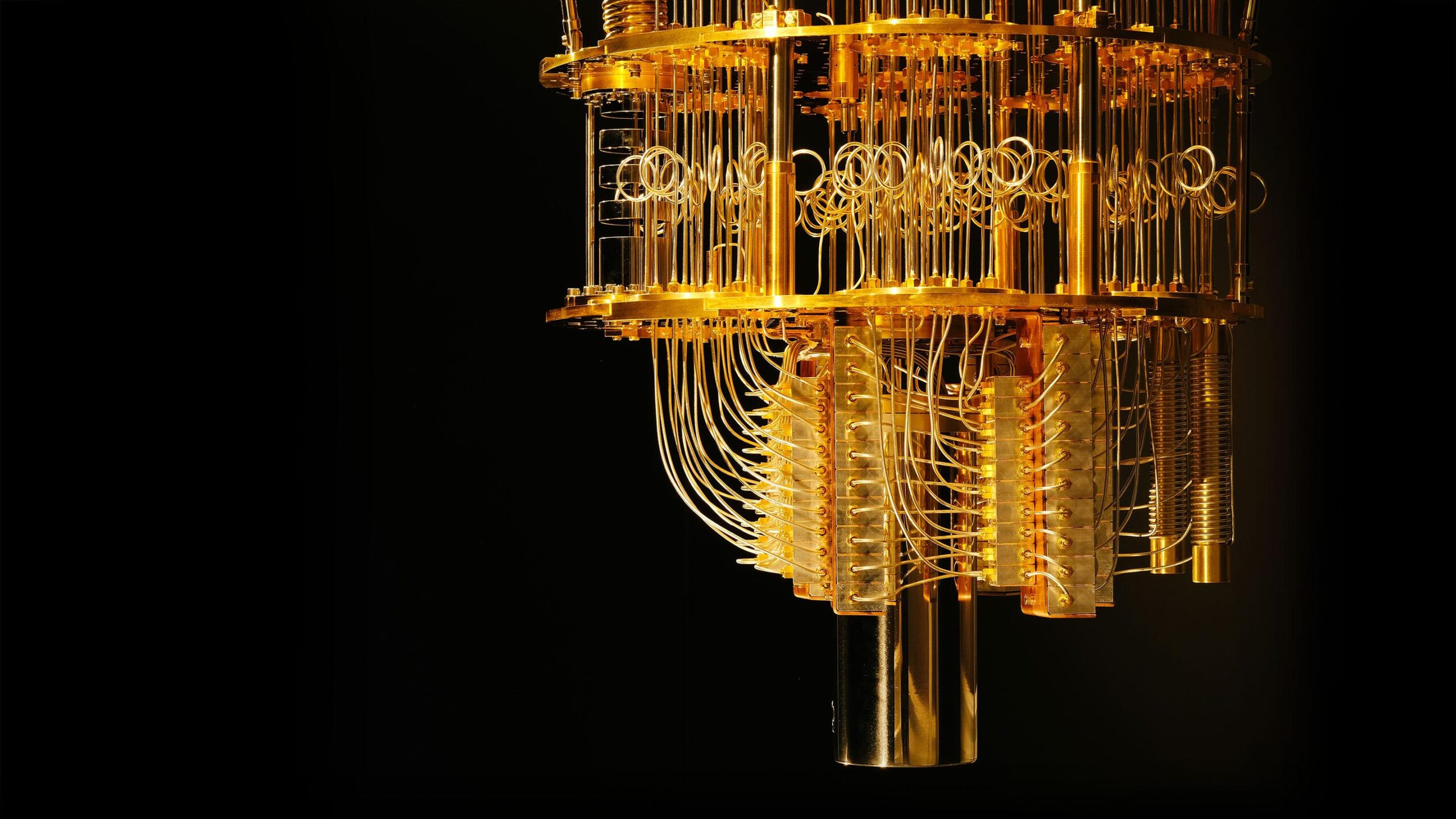Quantum computers may be the first to be used in artificial intelligence

As the most cutting-edge application of electronic computer development to today, artificial intelligence has always been worried about insufficient computing power. A few months after ChatGPT came out, OpenAI President Altman said publicly that he had not encouraged more users to sign up for OpenAI. In November 2023, OpenAI even announced that it was suspending the sign-up of new paid subscribers to ChatGPT Plus to ensure a high-quality experience for existing users. Obviously, as the world’s most powerful AI, ChatGPT has encountered bottlenecks in computing power and other aspects. In this context, discussing the application of quantum computers in the field of artificial intelligence has become a potential future solution.
First of all, most algorithms in the field of artificial intelligence belong to the category of parallel computing. For example, when AlphaGo plays Go, it takes into account the moves of its opponent in different positions to find the moves that are most likely to win the game. This requires the computer to optimize the efficiency of parallel computing to achieve. Quantum computers are good at parallel computing because they can calculate and store both “0” and “1” states at the same time, without consuming additional computing resources like electronic computers, such as connecting multiple computing units in series, or scheduling computing tasks side by side. The more complex the computational task, the greater the advantage of quantum computing.
Second, the hardware required to run ChatGPT is also ideal for importing today’s massive quantum computers, both of which need to be installed in highly integrated computing centers and managed by specialized technical teams.
What is a quantum computer? Quantum computer is a kind of physical device that performs high-speed mathematical and logical operations and stores and processes quantum information according to the laws of quantum mechanics. Not only is it huge, but as the core component of the “quantum chip”, it usually needs to be placed in the extremely low temperature close to absolute zero (minus 273.15 degrees Celsius), using the quantum characteristics of some microscopic particles at this extremely low temperature for information calculation and processing, and the operation results can only exist for a few milliseconds.
The principle of quantum computers is based on quantum mechanics, which uses qubits instead of bits of traditional computers for information processing. Unlike classical bits, which can only be in 0 or 1 states, qubits can be in many states at once, a property known as a “superposition state.” In addition, there is also the phenomenon of “entanglement” between qubits, making the state between them interdependent, no matter how far away can affect each other instantaneously, which is the famous “quantum entanglement”. These quantum properties give quantum computers great potential to outperform conventional computers. In theory, quantum computers are capable of exponential acceleration on specific problems, such as factorization, search optimization, and materials science simulation.
In 2022, researchers from Google, Microsoft, Caltech, and others demonstrated in principle that “quantum advantage” does exist in predicting observable variables, quantum principal component analysis, and quantum machine learning. Quantum machine learning, in fact, is the application of quantum computing in the field of artificial intelligence, and also reflects the trend of the convergence of the two frontier technologies of quantum computing and artificial intelligence in the future.
Theoretically, it is necessary to further expand the application prospect of quantum computing in practice. After launching the commercial quantum computer “Quantum System 1” in 2019, the US quantum computing giant IBM launched “quantum System 2” in December 2023. The biggest breakthrough of the new system is that it can be scaled up modularly and is the company’s first modular quantum computer. Quantum System Two has more than 1,000 qubits. IBM also announced plans to build a 100,000-qubit quantum computer within 10 years. These ever-increasing numbers of qubits are not just for competition, they are essential for general purpose computing and programmability. Because of this, the modularity of quantum computers means that they are more practical.
The research on quantum machine learning algorithm has become a new research hotspot. The breakthrough of quantum computer is not only a major progress in science and technology, but also an important milestone for human exploration of the unknown and enhancement of computing power. However, in the future, quantum computers will not completely replace electronic computers, and it is more likely that quantum computers and electronic computers will play their respective strengths in different application scenarios and achieve collaborative development, which not only greatly improves computing power, but also takes into account cost and feasibility.

熱門頭條新聞
- Revolutionizing Legal Work: How Robin AI Accelerates Contract Review
- TyFlow brings Stable Diffusion AI directly into 3ds Max
- Gamescom 2024
- TRANSFORMERS: GALACTIC TRIALS HEADS TO CONSOLES AND PC THIS OCTOBER
- STAKE YOUR CLAIM IN KINGDOM, DUNGEON, AND HERO OUT NOW ON STEAM
- MBC’s Shahid platform announces premiere of ‘Grendizer U’
- Award-Winning Studio Secures 6 Million SEK in Investment
- FARMING SIMULATOR 25 AT FARMCON: GIANTS SOFTWARE ANNOUNCES PRE-STREAM & STAGE SCHEDULE
